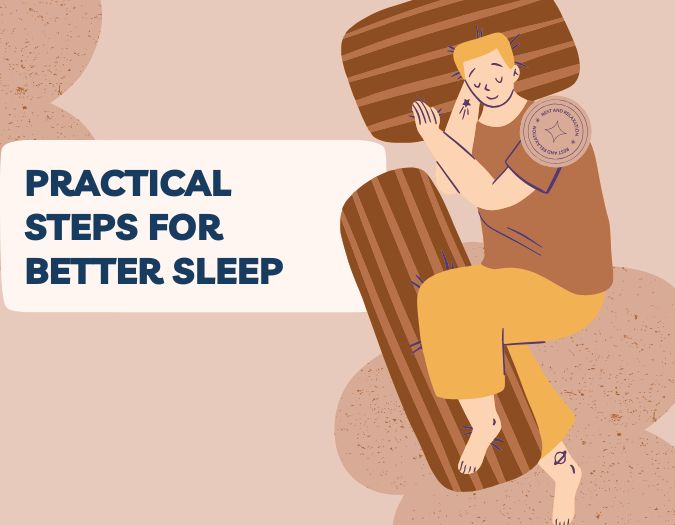Sleep Problems in Urban Pakistan: Causes and Solutions
Understanding Sleep Issues in Pakistan
Many people in urban Pakistan struggle with sleep problems, including difficulty falling asleep, waking frequently, or feeling tired even after enough rest. Busy city life, long work hours, and exposure to digital devices are common contributors. Poor sleep can affect mood, productivity, and overall health, making it important to identify the underlying causes and take proactive steps for better rest.
Common Causes of Sleep Problems in Urban Areas
1. Stress and Anxiety
Work pressure, family responsibilities, and financial concerns can increase stress levels. Stress activates the body’s fight-or-flight response, making it hard to relax and fall asleep at night.
2. Digital Overload
Excessive use of smartphones, laptops, and TVs before bedtime affects melatonin production and disrupts the natural sleep-wake cycle. Urban Pakistanis often stay online late for work or entertainment, contributing to insomnia.
3. Lifestyle Habits
Irregular sleep schedules, late-night meals, caffeine, and energy drinks can all negatively affect sleep quality. Skipping physical activity and prolonged daytime napping are additional factors that disrupt proper rest.
4. Environmental Factors
Noise pollution, bright lights, and small living spaces in urban areas can make it difficult to maintain deep, uninterrupted sleep. Shared households or busy neighborhoods further compound the problem.
5. Medical Conditions
Health issues such as sleep apnea, restless leg syndrome, anxiety disorders, or chronic pain can interfere with sleep. Consulting a professional is essential if sleep problems persist despite lifestyle adjustments.
Practical Steps for Better Sleep
- Establish a consistent sleep routine: Go to bed and wake up at the same time every day, even on weekends.
- Limit screen time before bed: Avoid digital devices at least an hour before sleeping. Dim lights and use relaxing activities like reading or listening to soft music.
- Reduce caffeine and heavy meals: Avoid caffeine, nicotine, and large meals in the evening.
- Create a sleep-friendly environment: Keep the bedroom quiet, cool, and dark. Consider earplugs or blackout curtains if needed.
- Practice relaxation techniques: Meditation, deep breathing, and gentle stretches can calm the mind and body before sleep.
- Engage in regular physical activity: Exercise during the day helps regulate the body’s internal clock and improves sleep quality.
When to Seek Professional Help
If sleep problems persist for more than a few weeks, affect daily functioning, or are accompanied by fatigue, mood changes, or anxiety, it’s time to consult a mental health professional. MindCare offers therapy sessions that help identify root causes and provide evidence-based solutions for insomnia and other sleep disorders. Learn more about our Sleep Therapy / Insomnia Treatment services.
Conclusion
Sleep problems are common in urban Pakistan but manageable with the right habits and professional support. Establishing routines, reducing stress, and creating a peaceful sleeping environment can dramatically improve rest and overall well-being. Don’t let sleepless nights affect your health — take proactive steps and seek help when needed.





